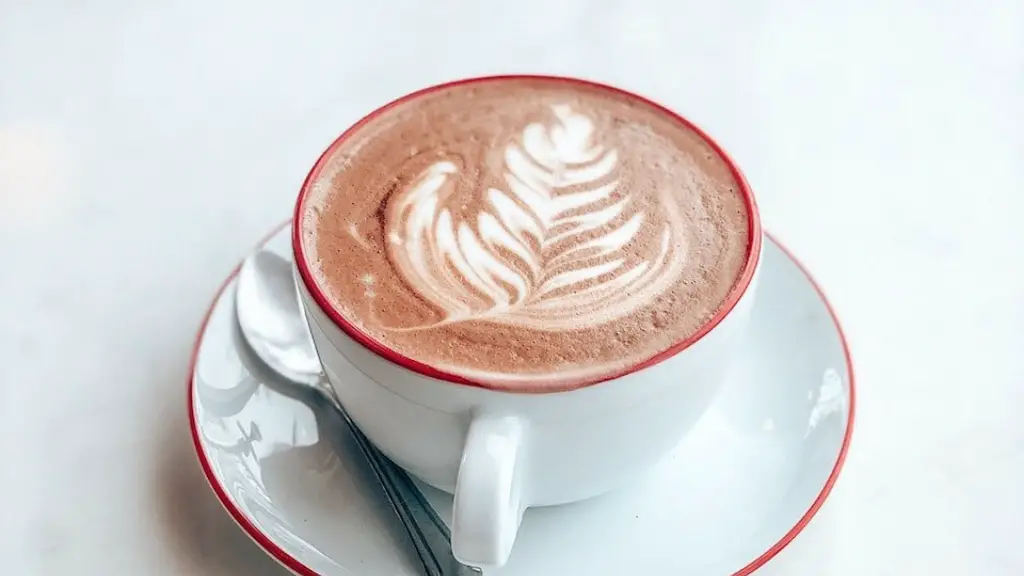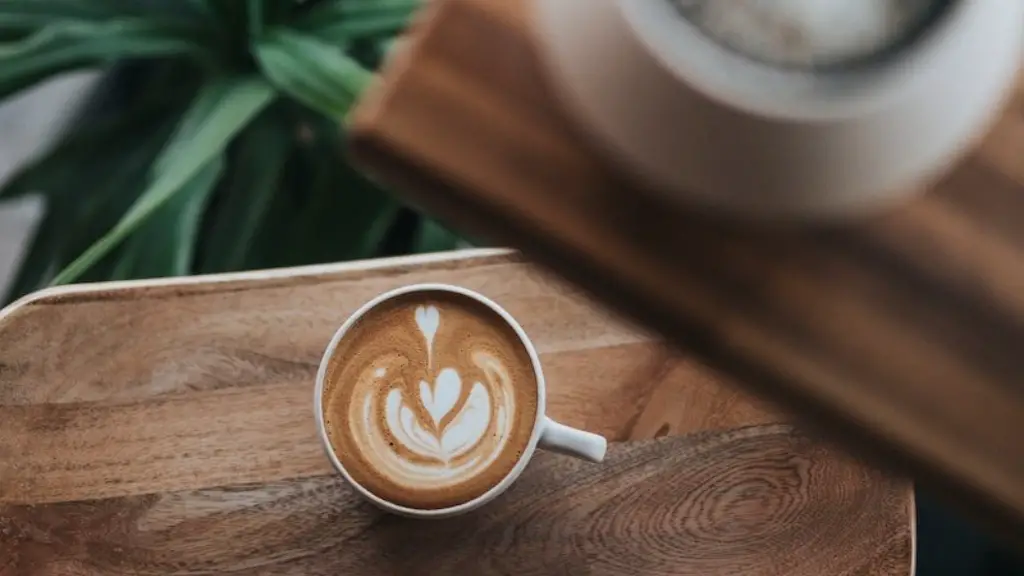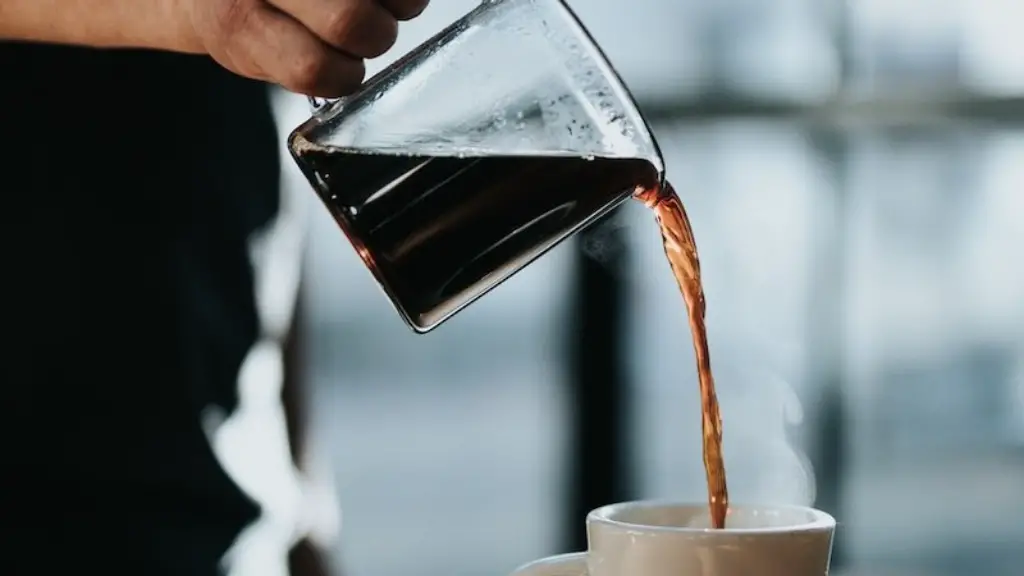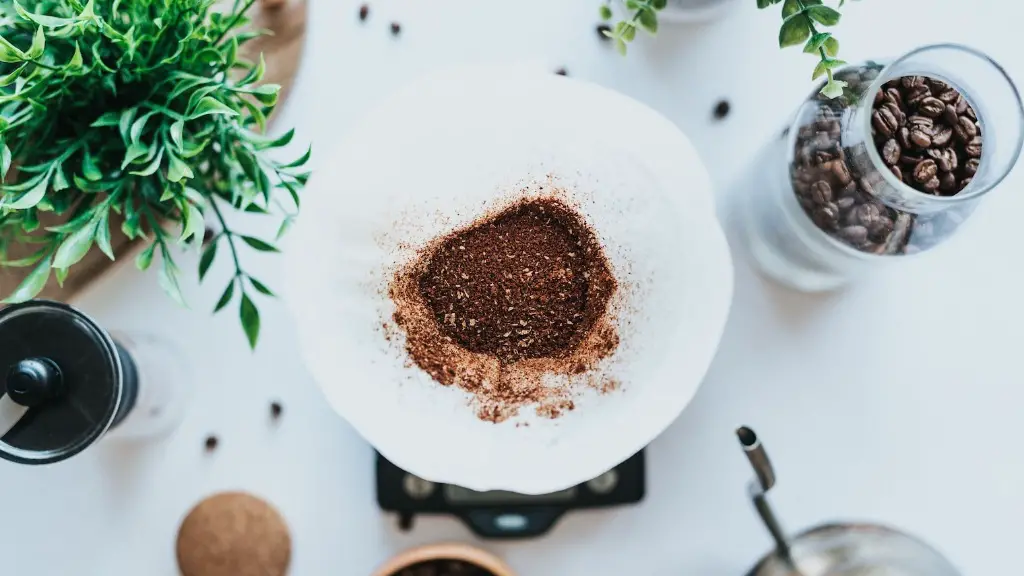Health Benefits of Fasting and Coffee
Coffee is renowned for its stimulating effects and its potent antioxidants, but did you know that the act of fasting has profound positive effects on the body too? Fasting can help to boost energy levels and overall health while improving mental clarity and focus, but many people are curious as to whether or not it’s safe to drink coffee while fasting. The short answer is that there are certain precautions to consider when drinking coffee during a fast, but for the most part drinking coffee during a fast can offer some health benefits.
Coffee and Intermittent Fasting
Intermittent Fasting (IF), or going without food for predetermined periods of time, has become increasingly popular as a lifestyle choice. IF usually involves 16-24 hour fasts, with one of the most popular forms being 16 hours of fasting followed by 8 hours of eating. During the fasting period, some people choose to drink coffee to suppress their hunger. However, it’s important to consider the effects of coffee on the body while fasting.
Coffee and its Effects on the Fasting Process
Coffee can stimulate the body’s thermogenic response, causing a slight increase in metabolism. This can help to speed up the fasting process and enhance its positive effects on the body. In addition, caffeine can act as an appetite suppressant, helping reduce food cravings during the fasting period.
On the other hand, drinking coffee can also impair the process of autophagy, the cellular cleansing process which can only be achieved during prolonged fasting. Autophagy occurs when the body begins to break down and clear out damaged cells, allowing for the production of new ones. Without autophagy, the body is less able to rebuild itself and repair any damage that has occurred. Therefore, it’s important to consider the consequences of adding caffeine to the fasting process.
Balancing the Fasting and Coffee Relationship
The effects of fasting and coffee can both be beneficial when taking a balanced approach, considering the health benefits and drawbacks of both. Moderate consumption of coffee can help to increase energy levels and reduce hunger while also providing some health benefits. However, excessive consumption of caffeine while fasting can reduce the length of the fasting window and impair the body’s ability to repair and rejuvenate.
The Health Benefits of Coffee & Tea
Drinking coffee and tea, even while fasting, can offer numerous health benefits including improved cognitive functioning, increased energy levels and reduced risk of disease. Coffee and tea are both rich sources of antioxidants and are linked to a reduced risk of diseases such as cancer and heart disease.
caffeine in coffee helps to increase alertness and focus, as well as provide a steady stream of energy throughout the day. In addition, drinking tea can help reduce inflammation and boost the immune system.
But What About Sugar?
When it comes to coffee and tea, it’s important to remember to keep added sugars out of the equation. This means avoiding already sweetened or flavored coffees, opting instead for black coffee or adding your own natural sweeteners and flavorings. The same applies for tea, avoiding any pre-packaged options and sticking with natural, unsweetened varieties.
Should I Drink Coffee While Fasting?
Drinking coffee and tea during a fast can be beneficial for providing energy and suppressing hunger. However, it’s important to practice moderation, as excessive consumption could affect the fasting process and impair the body’s ability to repair and rejuvenate. In addition, it’s important to keep all added sugars out of the equation and opt for natural, unsweetened versions whenever possible in order to achieve the maximum health benefits.
Coffee and Fasting – Is It Safe?
When it comes to drinking coffee while fasting, it’s important to consider the benefits and drawbacks. Coffee can offer the energy and focus to get through a fasting period, but it should be consumed in moderation to ensure that it doesn’t negatively affect the body’s ability to repair and rejuvenate itself.
Intermittent fasting can provide numerous positive effects on the body, including improved cognitive functioning and reduced risk of disease. It’s important to balance the fasting period with moderate consumption of coffee and tea in order to reap the maximum benefits of both.
What About Caffeine Sensitivity
Caffeine sensitivity is a real issue for many people, so it’s important to be mindful of your individual sensitivity. For people who are very sensitive to caffeine, it may be beneficial to use coffee and tea as a way to boost energy without the potential side effects. It’s important to listen to your body and adjust your fasting and coffee approach accordingly.
How to Monitor Coffee Consumption During Fasting
While there are numerous benefits to drinking coffee during a fast, it’s important to monitor your intake. Keeping track of the number of cups of coffee consumed each day can help to ensure that you don’t exceed the recommended amount. Additionally, avoid drinking coffee too close to bedtime, as this can disrupt your sleep cycle and thwart the positive effects of fasting.
Coffee Alternatives
For those looking to avoid caffeine during a fasting period, there are several alternatives that can be used to provide a boost of energy and reduce hunger. These include matcha green tea, herbal tea, yerba mate, kombucha and black tea. Each of these beverages can provide energy, antioxidants and other health benefits without the potential side effects of caffeine.
When it comes to coffee and fasting, there are several points to consider in order to receive the maximum health benefits. It’s important to take a balanced approach between fasting and coffee consumption, avoiding excessive consumption of caffeine while still taking advantage of the positive effects of coffee and tea. Alternatives to coffee, including matcha green tea, herbal tea, yerba mate, kombucha and black tea, can provide energy and antioxidants without the potential side effects of caffeine. Finally, it’s important to practice mindful consumption and monitor your intake to ensure that you don’t overdo it.



